Saudi Arabia ostensibly started the war in Yemen to prevent Iran from acquiring a foothold on the Arabian Peninsula overlooking the strategic Bab al Mandab straits. Almost six years later, the war has in fact given Iran just that — plus created the worst humanitarian catastrophe in the world. The Biden-Harris administration should make ending the war an urgent priority for both strategic and humanitarian reasons.
Saudi Arabia led a coalition of states to intervene in Yemen’s civil war in 2015 when the Houthi rebels agreed to allow direct flights between Sana’a and Tehran, as well as Iranian access to the port of Hodeidah. The Zaydi Shia Muslim Houthis have had contacts with Iran and its client Hezbollah for decades. In 2015, the Iranians and Hezbollah had only dozens of advisers and experts in Yemen, and had trained a handful of Houthis in Iran and Lebanon.
Now their presence is much larger and they provide critical expertise and equipment to assist the Houthi missile and drone program that keeps up a steady fire on Saudi cities and military bases. Despite the Saudi blockade and American interception efforts, the Iranians are steadily getting aid to the rebels. This costs Iran a pittance compared to the tens of billions the Saudis have spent on the war, which is a very expensive quagmire for Riyadh. An additional cost has been to U.S. prestige under the Trump administration for continuing to support the war, even when there was no congressional support for it and many in the international community condemned us for it.
Late last month, Iran sent its first ambassador to Yemen since the old government expelled the previous one in 2015. Ambassador Hassan Irloo presented his credentials to the Houthi foreign minister. The State Department says Irloo is a career officer in the Islamic Revolutionary Guards Corps (IRGC) and has worked extensively with Hezbollah. The choice of an IRGC officer is a reflection of Tehran’s confidence in its role in Yemen and its optimism about the Houthis’ military situation. Iran is the only country to recognize the Houthi government, so it has no competition in exerting influence in Sana’a.
The architect of the Saudi war is Crown Prince Muhammad bin Salman (MBS), who has no military training or experience. He has bungled the job from the start, alienating key potential allies like Oman and Pakistan, failing to develop a comprehensive strategy or an achievable endgame, and engaging in multiple human rights violations.
Now the crown prince is pressing the Trump administration to designate the Houthis as a Foreign Terrorist Organization (FTO). The State Department is responsible for the designation of FTOs, so the prince is pushing Secretary of State Mike Pompeo, who will visit Riyadh later this month. The Houthis are a violent and dangerous organization with very extremist propaganda, but they have not attacked Americans or Israelis despite their rhetoric.
An FTO designation is a political act. The Trump administration could have made the technical decision to designate the Houthis any time in the last four years. Any organization that targets civilian facilities is potentially an FTO (which could include the Saudi Air Force). The choice to do so now is about reining in the next administration, especially as removing the designation is a very difficult political and bureaucratic process. Branding the Houthis as terrorists would be an attempt to block the Biden administration and the world from speaking with them. The reality is that the Houthis control most of northern Yemen, it is better to deal directly with them than to live in denial. Having more outside contact with the rebels will help alternative voices influence them.
The Saudis are desperate because the new administration says it will block arms deliveries to the kingdom and hold the crown prince accountable for the Yemen war and the murder of journalist Jamal Khashoggi two years ago in Istanbul. Even if the new administration doesn’t hold MBS to account, it’s likely there will be bipartisan congressional support for doing so.
It is long past time for a fundamental change. The war benefits Iran and Hezbollah.
If the Houthis are designated an FTO, it will also hamper the efforts of humanitarian relief organizations to get food and medicine to Yemeni civilians living in the territory that the rebels control. The United Nations estimates that 80% of Yemenis are at risk of malnutrition and that Yemen is in “a countdown to catastrophe.” The pandemic has made the situation immensely worse. Yemen’s primitive health care infrastructure, which is a frequent target of Saudi air strikes, is overwhelmed. The Houthis are hard to work with, according to humanitarian leaders, but designating them an FTO will make an already difficult situation worse. Given that the Houthis are already isolated, the FTO designation would reap little practical benefit.
The United States has backed the Saudi war from its start, with arms deliveries and diplomatic support. It is long past time for a fundamental change. The war benefits Iran and Hezbollah. It gives Iran a stronghold in a strategically important global crossroads. The tragedy of starving children is widely blamed on the Saudis and their enablers. The incoming administration, which purports to stand for human rights, needs to make ending the war a priority.
The Brookings Institution is committed to quality, independence, and impact.
We are supported by a diverse array of funders. In line with our values and policies, each Brookings publication represents the sole views of its author(s).

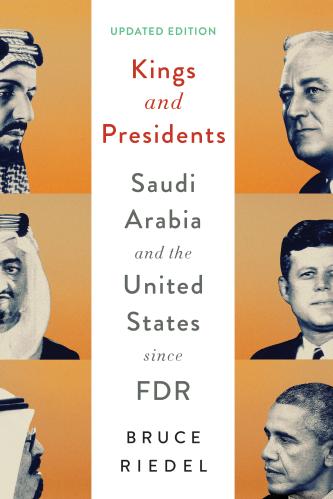
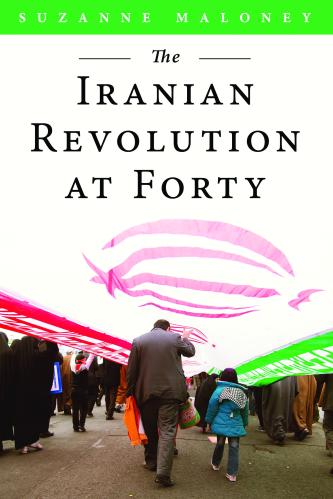
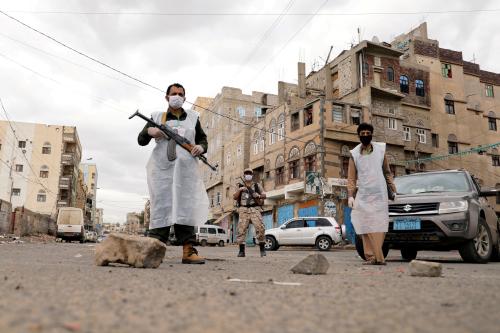
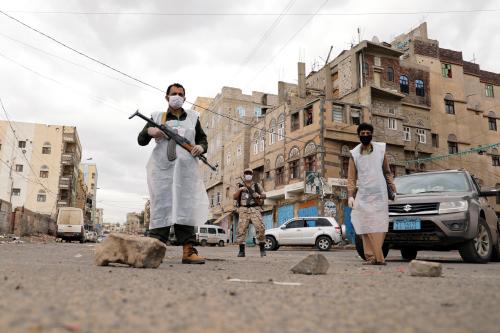
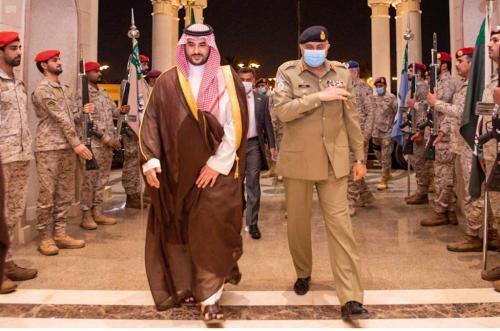


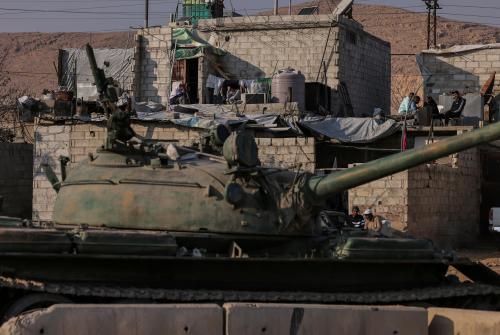
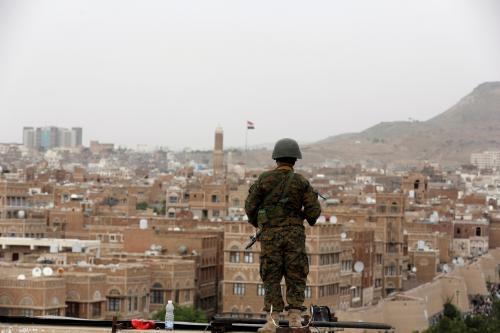
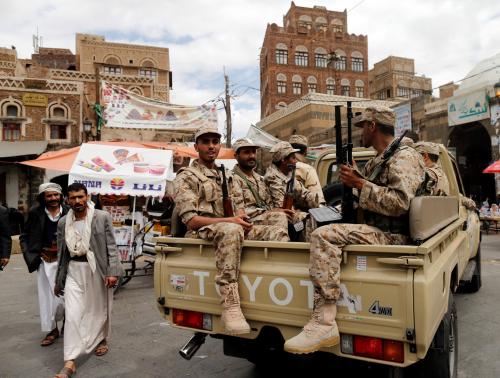
Commentary
Ending the Yemen war is both a strategic and humanitarian imperative
November 16, 2020